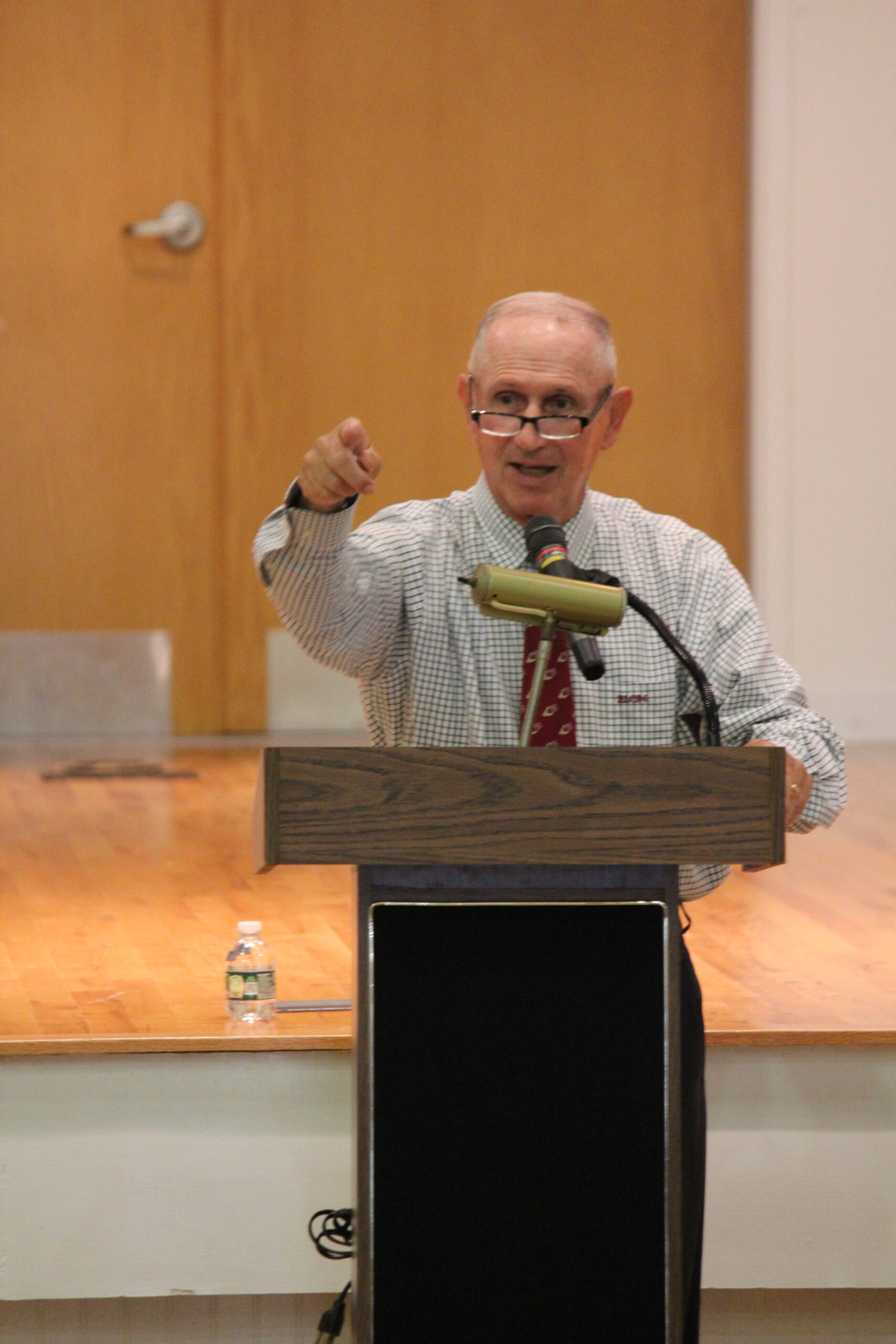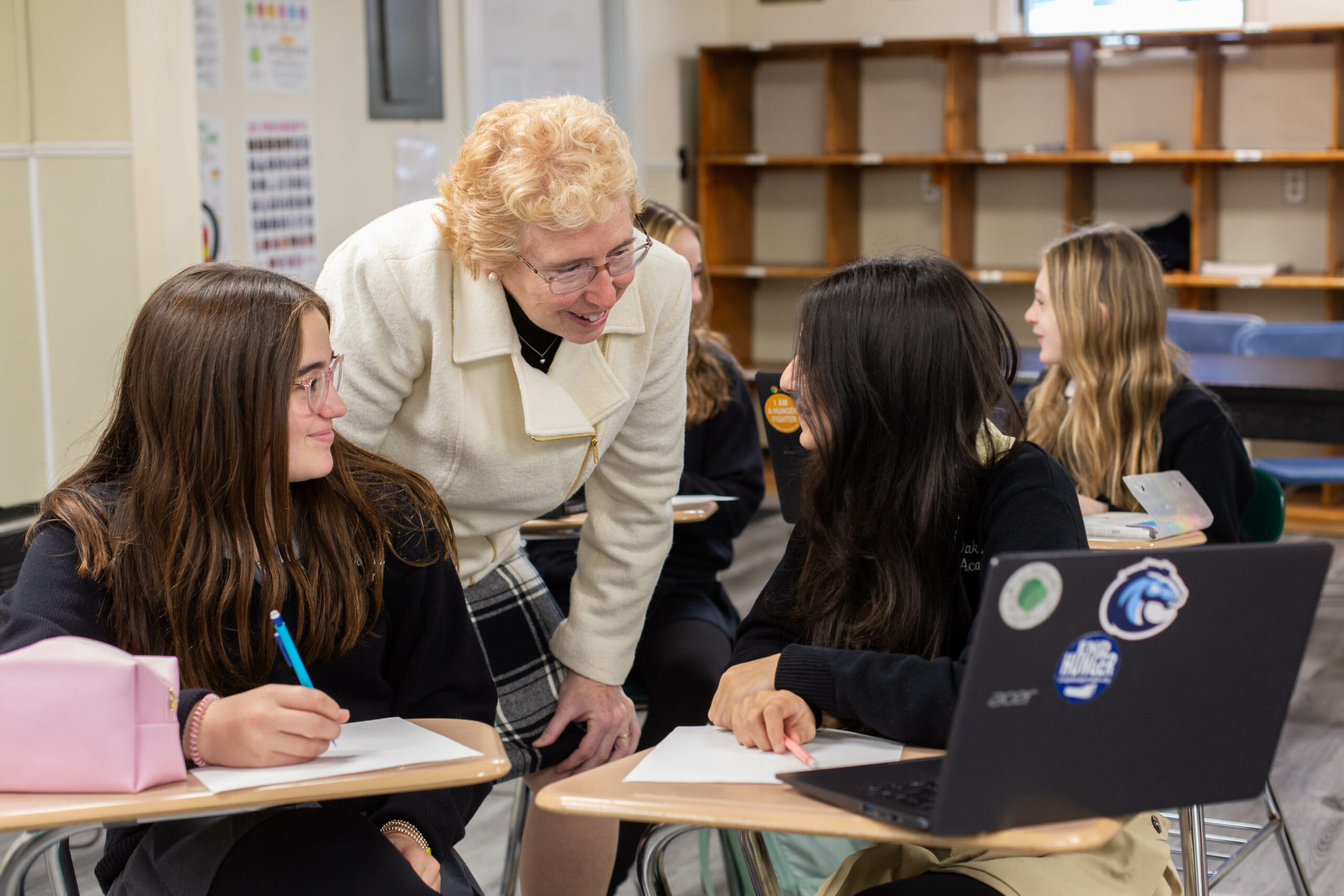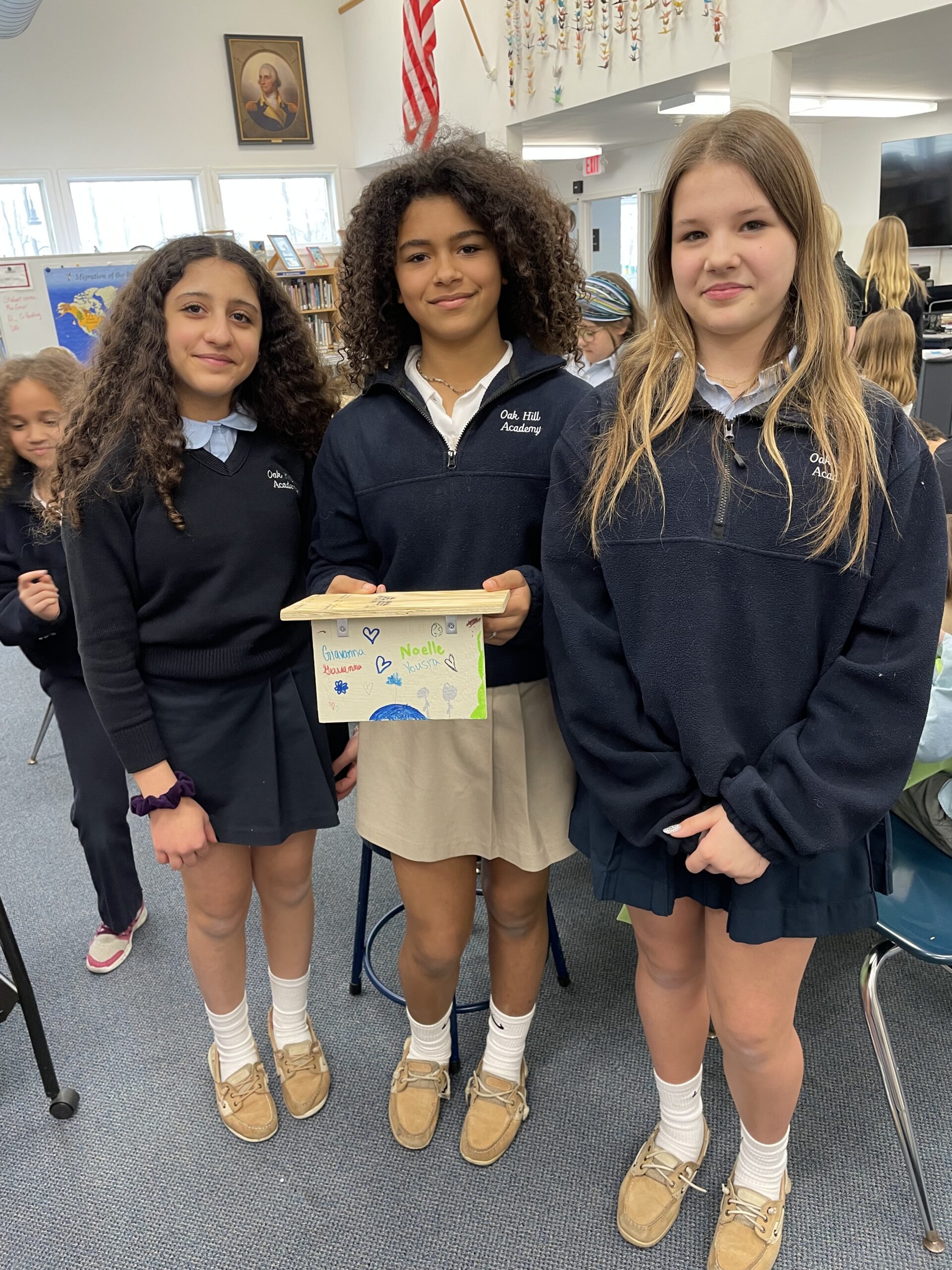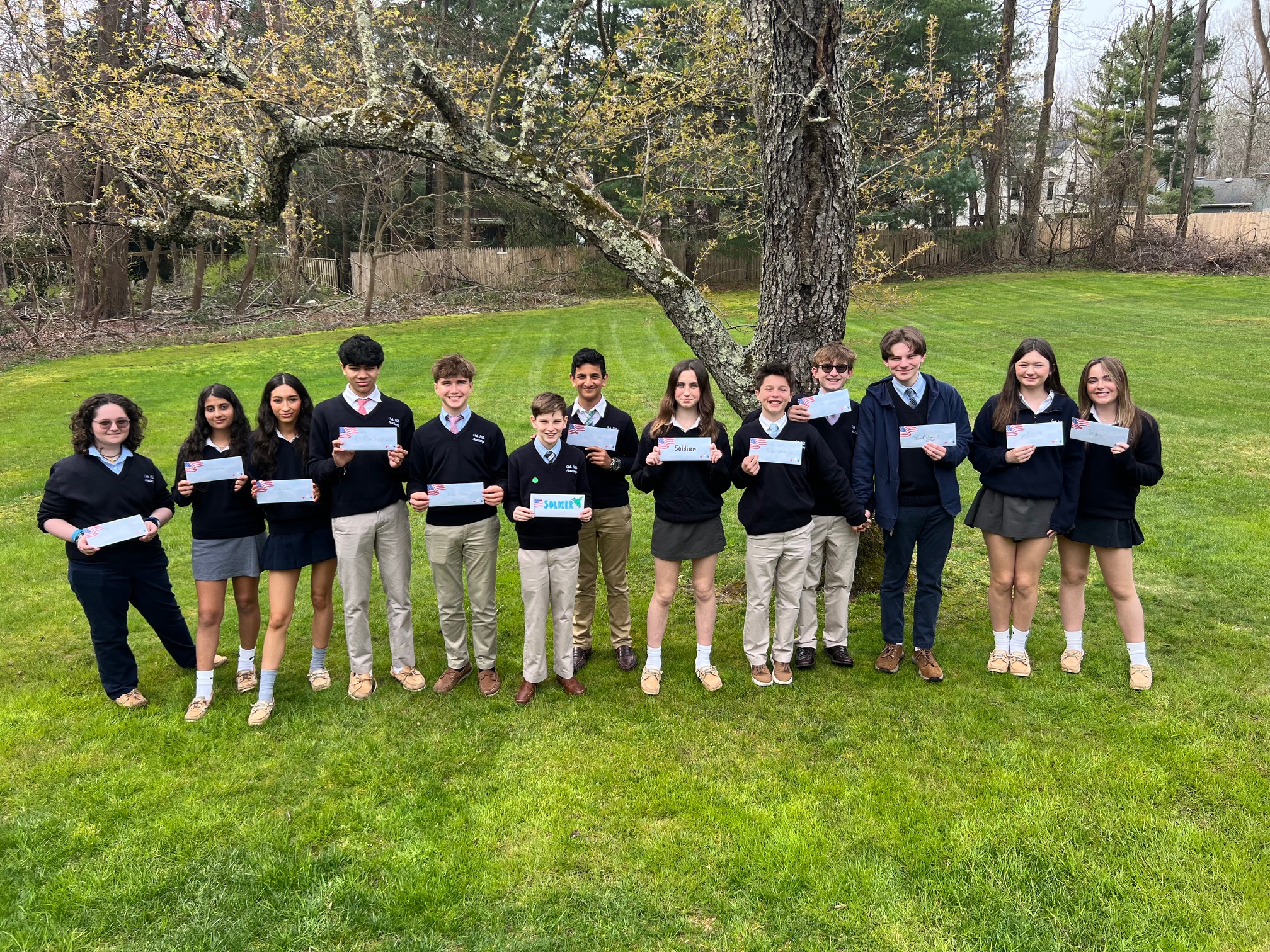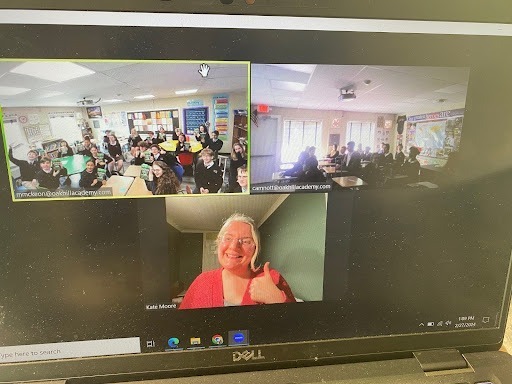Asking Questions Develops Critical Thinking
Beside acquiring the skills to learn (i.e. reading, writing, speaking, and computing,) our individual education must include the ability to think, make good decisions, and seek answers to our everyday problems.
We live in a world that is infused with constant questioning. We are mostly faced with simple questions, which don’t take much thought. What’s the weather going to be tomorrow? What’s for dinner? etc. However, our brains need triggers to expand and open our thoughts to new information, processes, skills, and adventures. A timely, well-constructed question sets the stage for our minds to give attention to the problem posed. This first step is necessary no matter what the subject area, including math, science, foreign language, the arts, or the humanities. Our society is filled with topics, knowledge, and mysteries to be discovered. Inquiry brings out the individual’s ability to think, argue, and express one’s conclusions. Timely questions activate the need to interpret, reason, and to dissect theories, situations, and problems.
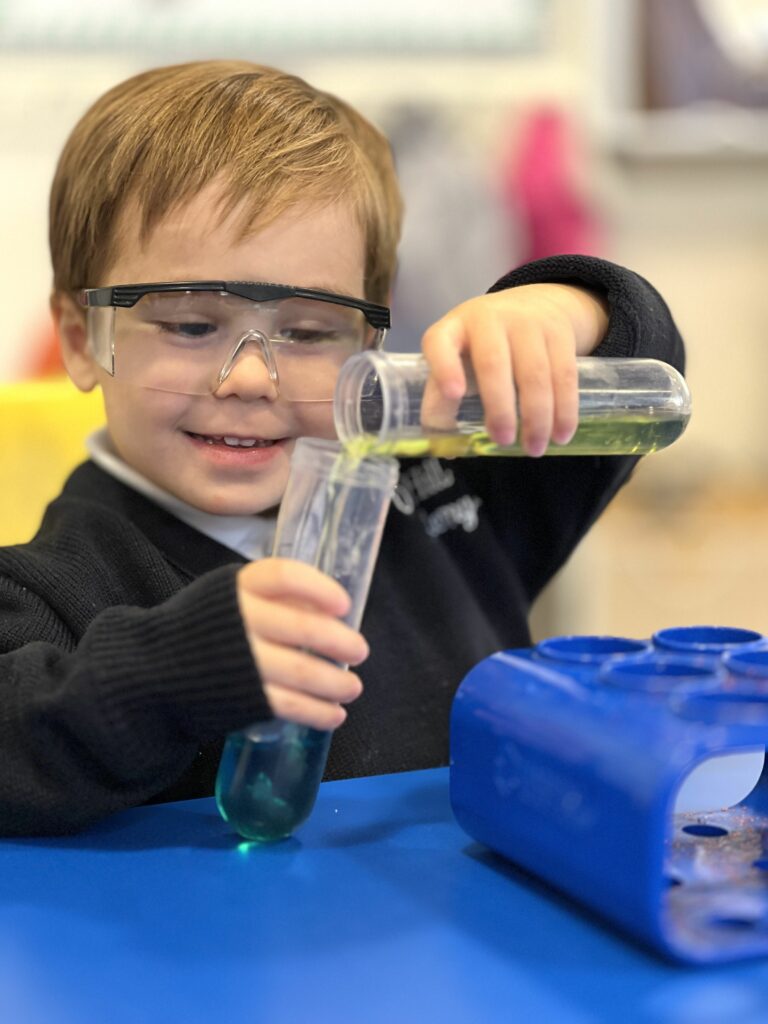
In the school setting, the real purpose of inquiry is to help students increase their competencies as learners. This can be done by teachers asking well-crafted questions or by students bringing forth what sparks their curiosity.
At Oak Hill Academy in Lincroft, N.J., the teachers use an inquiry approach to spark interest and encourage deep thinking while having their students ponder subject matter and worldly questions. Teachers realize that students are more engaged when they perceive a problem to be a situation that is worth learning. Questions must be relevant to the learner and have an emotional base. It has been found that inquiry activates different senses, attitudes, and perceptions; it also builds long-term memory by generating a different, bolder, and more potent kind of intelligence. The key here is that good questions lead to authentic learning that is useful and which is rewarding to the student. When children are encouraged to ask questions, they are given the opportunity to discover a passion and explore further. Once students have learned how to ask questions, they have learned how to learn, and no one can keep them from learning whatever they want or need to know.
A skilled teacher will best utilize the inquiry method by having their students exercise the following habits:
- Students should ask questions without the fear of being incorrect. Often authentic questions are about an unfamiliar or confusing topic.
- The student should be encouraged to re-read, going deeper, seeking to ask more questions, and looking for a possible different interpretation. At this point, it is extremely beneficial to collaborate with others to consider divergent points of view.
- Great questions often include elaborate answers, so the learner is encouraged to ask follow-ups, listen actively, and to take notes.
- The best way for this newfound knowledge to be stored in long-term memory is to explore multiple interpretations and review connections to previous learned material.
The benefits to high quality inquiry are numerous and include the following:
- Sharing questions stimulates curiosity while building metacognitive and collaborative skills.
- Inquiry discussion builds students’ abilities to develop ideas, use textual evidence, and listen and respond to others.
- It allows students to learn new words and foundational skills (e.g. spelling or phonics) in a meaningful context.
- Connections are made that deepen understanding by extending thinking about textual concepts to other subject areas.
- Questioning activities allow students to respond imaginatively to texts using visual arts, drama, music, and other forms of presentation.
- Discussion spurs personal connections and inquiry into concepts such as trust, friendship, and resourcefulness.
Teachers at Oak Hill Academy use a number of different inquiry techniques depending on the student grade level. These take a variety of forms; here are example of a few:
- Clarification – Tell me more about…? I’m not sure I understand…?
- Support questions – Can you give us an example of…? What is some evidence for…?
- Cause and effect – Why do you think that happened? How could that have been prevented?
- Compare/contrast – How are ____ and ____ alike? Different? What is that similar to?
- Benefits/burdens – What are some of the reasons this wouldn’t (would) be a good idea? Would anyone like to speak to the ____?
- Point of view – Do you have a different interpretation?
- Counter example – Would that still happen if…?
We are very fortunate today to have the technology in place to assist us in getting immediate feedback to our most far-reaching questions. All that is needed is for our students to be encouraged to take the initiative to look, listen, experience, and explore the questions that exist in our world.
Oak Hill graduates are rigorous, original thinkers who embrace inquiry and experimentation as a means toward discovery. Compassionate in spirit, supportive of the needs and ideas of fellow citizens, and sure of their ability to solve problems, they move confidently into the world and contribute positively throughout their lives.
Oak Hill Academy is a NJ private school that is co-educational, independent, nonsectarian, and nonprofit for grades pre-kindergarten through eight. Oak Hill Academy is dedicated to a traditional, challenging, and caring learning environment that encourages comprehensive thought processes and deep understandings; thus promoting the wholesome intellectual, emotional, moral, and physical lifetime growth of our students. If you want to learn more about what makes Oak Hill Academy one of the best private school in NJ, visit us online at www.oakhillacademy.com , or subscribe to our mailing list to be notified when we post more topics.

